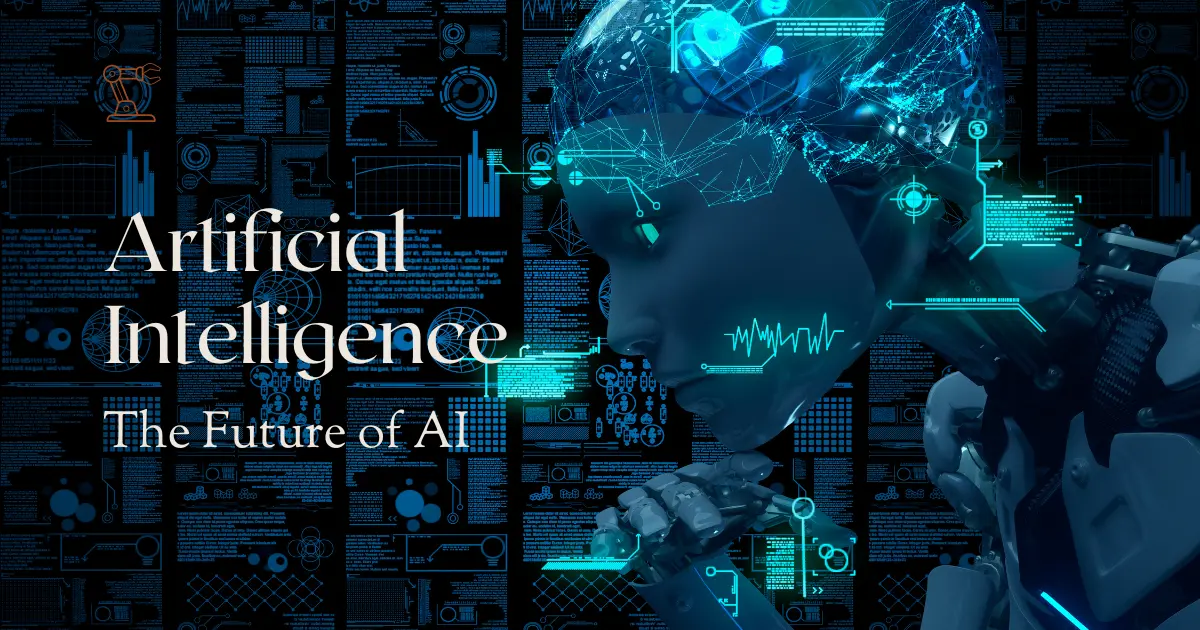Imagine a world where artificial intelligence (AI) not only revolutionizes industries and accelerates progress but also raises profound ethical questions that challenge our very understanding of humanity. As we stand on the cusp of an AI-driven future, it is imperative to delve into the complexities surrounding the ethical considerations and challenges that accompany this technological advancement. From autonomous vehicles making split-second moral decisions to algorithms perpetuating bias and discrimination, the intersection of AI and ethics has sparked intense debate among experts, policymakers, and the general public. In this article, we will explore the multifaceted landscape of AI ethics, unraveling key issues and proposing potential solutions as we navigate towards a future where humans and machines coexist harmoniously.
Ethical considerations in AI decision-making processes
One of the critical ethical considerations in AI decision-making processes is the potential for bias to be introduced into algorithms, leading to unfair and discriminatory outcomes. This bias can stem from the data used to train AI models, which may reflect historical inequalities or perpetuate harmful stereotypes. Addressing this issue requires a proactive approach, such as implementing fairness-aware algorithms or diverse and inclusive datasets.
Another key ethical concern is transparency and accountability in AI decision-making. As these systems become more complex and autonomous, it becomes crucial to ensure that their decisions are explainable and traceable. Without transparency, users may not understand why a certain decision was made, leading to distrust in AI systems. Establishing clear guidelines for accountability can help mitigate risks and promote responsible AI deployment in various sectors.
Moreover, the consideration of privacy rights and data protection is paramount when integrating AI into decision-making processes. Ensuring that personal data is handled securely and ethically is essential to maintaining public trust in AI technologies. Striking a balance between innovation and privacy safeguards is crucial for fostering a society that benefits from the advantages of AI without compromising individual rights.
Bias and fairness in AI algorithms
Bias and fairness in AI algorithms have become a critical issue in today’s technology-driven world. Despite the promise of objectivity, AI systems can inherit biases from their training data, leading to discriminatory outcomes. It is crucial for developers to carefully consider the potential impacts of these biases on marginalized communities and take proactive steps to mitigate them.
One innovative approach to addressing bias in AI algorithms is through algorithmic audits, which involve analyzing the decision-making processes of AI systems to uncover any hidden biases. This method helps identify problematic patterns and allows for adjustments or interventions to be made before real harm is done. Additionally, efforts are underway to promote diversity and inclusivity within the tech industry itself, as a more diverse workforce can help reduce unconscious biases in AI development.
Fairness in AI algorithms requires ongoing vigilance and commitment from all stakeholders involved. By continuously monitoring and refining our approaches to algorithm design and deployment, we can move towards a more equitable future where AI technologies benefit everyone equally. Ultimately, promoting transparency, accountability, and ethical considerations is essential for harnessing the potential of AI while minimizing its negative consequences on society at large.
Privacy concerns with the increasing use of AI technology
As AI technology becomes more prevalent in our daily lives, concerns about privacy are rightfully growing. From facial recognition software to personalized advertisements, AI has the potential to collect vast amounts of personal data without our explicit consent. The challenge lies in balancing the convenience and efficiency of AI with the protection of individual privacy rights.
Furthermore, as AI systems become increasingly sophisticated, there is a risk of algorithmic bias leading to discriminatory outcomes. This bias can disproportionately impact marginalized communities and reinforce existing inequalities. It is essential for developers and policymakers to address these issues proactively to ensure that AI technology respects fundamental rights and values. In a world where data is often referred to as the new oil, safeguarding privacy in the age of AI is not just a matter of individual choice but a collective responsibility that requires careful consideration and regulation.
Accountability and transparency in AI systems
As artificial intelligence (AI) continues to play a significant role in various aspects of our lives, the importance of accountability and transparency in AI systems cannot be overstated. With the potential for AI systems to make autonomous decisions that impact individuals and society at large, establishing clear responsibilities and ensuring transparency in how these decisions are made is crucial. This includes understanding the algorithms used, data inputs, biases present, and the decision-making processes involved.
One key aspect of ensuring accountability in AI systems is the need for clear guidelines and regulations that hold developers and organizations responsible for any harm caused by their AI technologies. By establishing ethical frameworks and standards for AI development, we can foster a culture that prioritizes fairness, explainability, and inclusivity in these systems. Additionally, promoting transparency by making AI processes more accessible to scrutiny can help build trust with users and stakeholders while also encouraging continuous improvement and responsible innovation in this rapidly evolving field.
The impact of AI on job displacement and workforce changes
The rise of artificial intelligence (AI) has undoubtedly brought about significant changes to the workforce, with automation increasingly replacing human workers in various industries. While AI technology has increased efficiency and productivity in many areas, it has also led to concerns about job displacement and the future of work. As robots and machines take on more tasks that were previously performed by humans, there is a growing need for individuals to upskill and adapt to new roles that require more complex skills.
Moreover, the impact of AI goes beyond simply displacing jobs; it also reshapes the nature of work itself. With the automation of repetitive tasks, workers are now able to focus on more creative and strategic aspects of their jobs. This shift towards higher-level tasks emphasizes the importance of soft skills such as critical thinking, problem-solving, and emotional intelligence in addition to technical expertise. As a result, there is a need for continuous learning and development to stay relevant in an AI-driven world.
Regulations and guidelines for the responsible development and deployment of AI
As the field of artificial intelligence (AI) continues to advance at a rapid pace, it is imperative that regulations and guidelines are put in place to ensure its responsible development and deployment. One key aspect is transparency, where AI systems should be designed in a way that makes their decision-making process clear and understandable to users. Additionally, privacy concerns must be addressed by adhering to strict data protection protocols to prevent misuse or unauthorized access to sensitive information.
Another important consideration is bias mitigation in AI algorithms, which requires diverse representation in the design and testing phases to avoid perpetuating harmful stereotypes or discriminatory outcomes. Furthermore, accountability mechanisms should be established to assign responsibility for any errors or consequences resulting from the use of AI technology. By upholding these regulations and guidelines, we can harness the potential benefits of AI while minimizing potential risks and ensuring ethical standards are maintained throughout its development and implementation.

